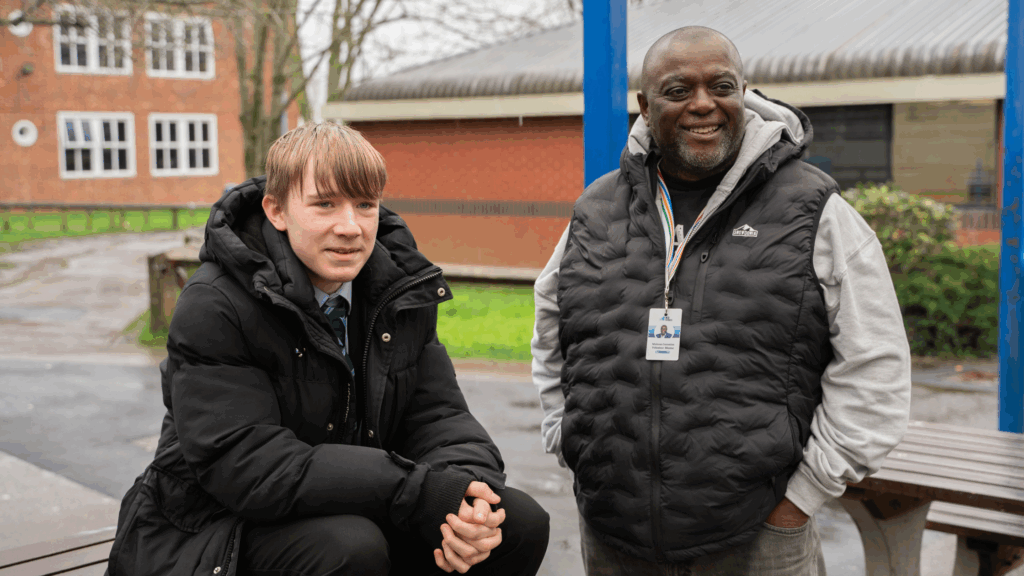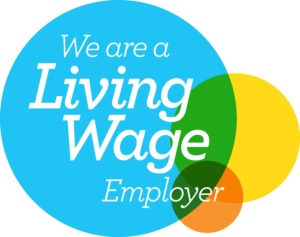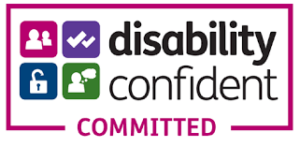An alarming number of children are missing out on the social and educational benefits of school.
The ‘Who is Losing Learning Coalition’ has today (Wed 10 September) launched a public call for support urging the UK Government to embed inclusion at the heart of school reforms.
The coalition is calling on the UK Government to include its definition of whole school inclusion in the forthcoming Schools White Paper. It aims to address challenges holding back many young people from achieving their potential, dreaming big and achieving positive futures.
The campaign call is simple – Schools in England should prioritise inclusion for all children via three key steps outlined below. It’s a call that we are getting behind, together with parent groups, school trusts, fellow charities and campaigners.
· – Adopt a broader definition of inclusion to ensure that the learning, safeguarding and welfare needs of all children, including those in poverty or facing discrimination, are met.
· – Make early support the foundation upon which school reform is built.
· – Ensure inclusion is built from the universal up, is led from the top, involves collaboration with communities and is measurable.
The coalition was co-founded by Impetus, the Institute for Public Policy Research, Mission 44 and The Difference to address the scale of children losing learning in England and the injustice of its disproportionate impact on the most disadvantaged or marginalised children.

Outlining the scale and putting forward solutions
The coalition outlined the scope and scale of exclusion and lost learning in its 2024 report, titled ‘Who is losing learning? The case for reducing exclusions across mainstream schools’. That report stated that these issues hit children hardest who already face challenges. This includes those living in poverty, those with special educational needs, children known to social care, and those facing structural racism.
In publishing this latest report, titled ‘Who is Losing Learning? Finding Solutions to the School Engagement Crisis’, the coalition affirms that in order to combat lost learning, the education system must change. It offers a solution based on four guiding principles and ten recommendations to tackle the challenges mentioned.
The report goes further in stating that a crisis of lost learning is sweeping across schools in England. Children cannot learn if they are not in school and not engaged. If many children can’t access quality education, then attainment won’t rise. Employment outcomes won’t improve, and the country can’t meet its ambitious growth targets.
Lost learning occurs when a child is not at school, engaged in the classroom, participating in their education, or forced to move out of their local community setting.
Suspensions and permanent exclusions have grown by a third in a single year; elective home education has increased by over 20 per cent; and absence levels are double pre-pandemic levels. New analysis has also found that for every child that is permanently excluded, 10 more invisibly move out of their school setting. This lost learning perpetuates cycles of disadvantage and stifles economic growth, casting a long shadow over the lives of children, families and communities.
A set of principles and recommendations have been set out for national government, local authorities, trusts and schools to adopt which, if delivered effectively, would see a measurable improvement in inclusion, meaning fewer children would be losing out on learning in the future.
Sharon McIntyre, Chief Executive Officer of MCR Pathways, said: “We are immensely proud to get behind this campaign. At MCR Pathways, we see the vital spark of potential in every young person, and our award-winning programme has demonstrated the positive impact mentoring delivers in improving attendance, attainment and post-school destinations for many young people experiencing significant challenges like what has been described within the coalition’s call.
“The call to embed the coalition’s whole school inclusion definition is a significant step forward in addressing the challenges of attendance, exclusions and the current crisis in special educational needs from a coordinated, ecological approach to ensure every young person receives universal, targeted approaches to remove boundaries to fully participating in their school community, engaging in learning and being encouraged to pursue positive futures.”
The report’s four principles of effective whole school inclusion:
- Inclusion is built from the universal up.
- Inclusion is a culture that is led from the top.
- Inclusion is community collaboration.
- Inclusion is measurable.
The report’s ten recommendations:
- The sector needs a shared definition of measurable school inclusion.
- Schools’ cohorts should reflect their local community.
- School accountability should support all children.
- The vast majority of children’s needs should be met through a combination of timely universal and targeted support, rather than being locked behind legislative thresholds.
- Every school needs leaders with inclusion expertise to set the culture.
- The most underserved schools should be able to recruit and retain the best teachers.
- Working with families and local communities should be seen as a domain of professional practice in schools.
- The government must address the fragmentation of services for children and families, beginning with the development of a shared outcomes framework and the establishment of a governance strategy to monitor progress.
- Every school should use data on student experience and lost learning across the continuum to develop a strategic response to all children’s needs.
- All pupil movements should be equally visible and accountable.
Read the full report: https://www.ippr.org/articles/who-is-losing-learning-solutions





